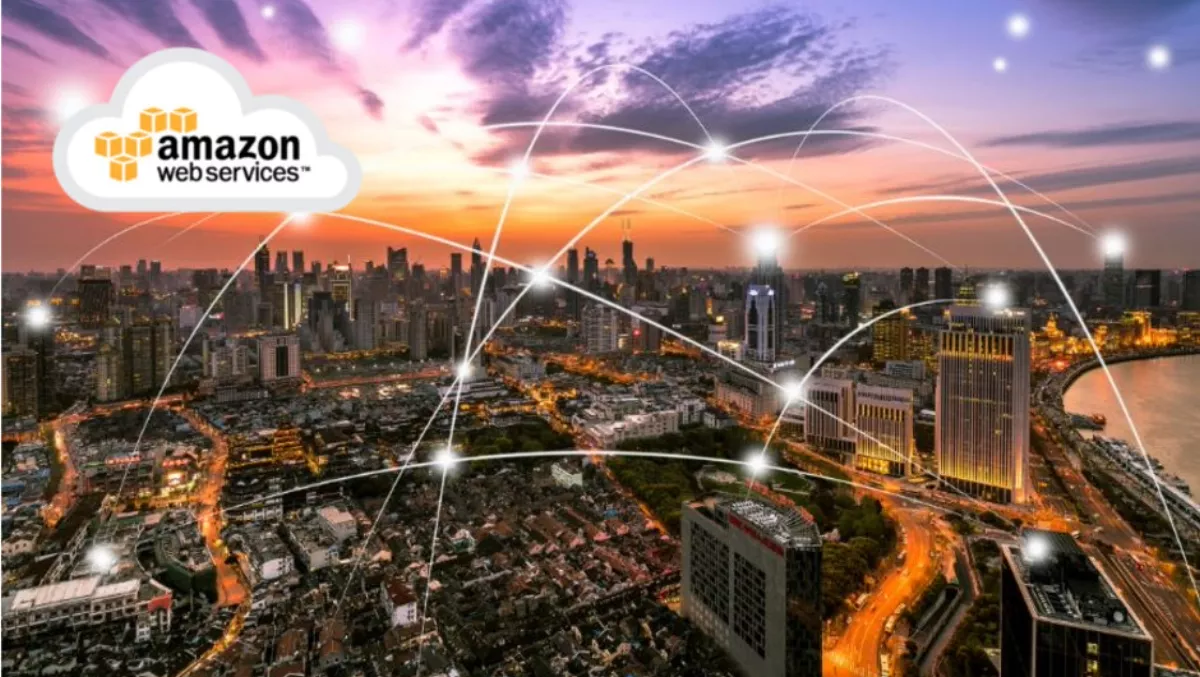
AWS announces three major updates to their enterprise solutions
AWS recently announced updates to three of their enterprise services, AWS IoT Device Management, Amazon EC2 and Amazon GuardDuty.
AWS IoT Device Management
AWS IoT Device Management now provides two new jobs timeout configurations, in progress timeouts and step timeouts, which provide additional mechanisms to control and track executions for jobs running on devices. Jobs let users send remote actions to one or many devices at once, control the deployment of jobs to devices, and track the current and historical status of jobs running on each device.
In progress timeouts allow customers to configure the time period that a job execution must reach a terminal state while it is in progress. This can help them easily identify situations where they may have a stuck job execution, such as if a device goes offline or if a firmware update is stuck in a loop.
Businesses can also configure a step timeout duration, which can be used to set a time period in which a particular execution step within a device's job must be completed. An example is to set a step timeout for which a device's download or validation of a firmware binary should be completed during an over-the-air (OTA) update.
The step timeout duration can be updated by a device as it executes and completes each step within a job.
Amazon EC2
Businesses can now assign tags to Amazon EC2 Dedicated Hosts upon allocation, using the AllocateHost APIs. Tags enable users to categorise their AWS resources in different ways such as by purpose, by owner, or by the environment. They can quickly identify a host based on the tags you have assigned to it.
An Amazon EC2 Dedicated Host is a physical server with EC2 instance capacity fully dedicated to the customer's use. Dedicated Hosts can help companies address compliance requirements and reduce costs by allowing them to use their existing server-bound software licenses. By tagging hosts at the time of allocation, users can eliminate the need to run custom scripts later on.
Amazon GuardDuty
Amazon GuardDuty customers can now customise the notification frequency to Amazon CloudWatch Events for subsequent occurrences of an existing finding. Prior to this feature, recurring GuardDuty findings generated a CloudWatch Event every 6 hours. Now, customers can customise this to recur in 15 minutes, 1 hour or the default 6-hour intervals. Unique/ first-time findings still generate a CloudWatch Event close to real time.
Amazon CloudWatch Events are the mechanism for customers to integrate the GuardDuty service with alerting/ticketing tools, partner security solutions and AWS Lambda-based remediation actions. This feature will enable customers to further customise GuardDuty for their specific needs and improve the overall security posture of their AWS environment.
Available globally, Amazon GuardDuty continuously monitors for malicious or unauthorised behaviour to help protect AWS resources, including AWS accounts and access keys.
GuardDuty identifies unusual or unauthorised activity, like crypto-currency mining or infrastructure deployments in a region that has never been used. Powered by threat intelligence and machine learning, GuardDuty is continuously evolving to help businesses protect their AWS environment.

